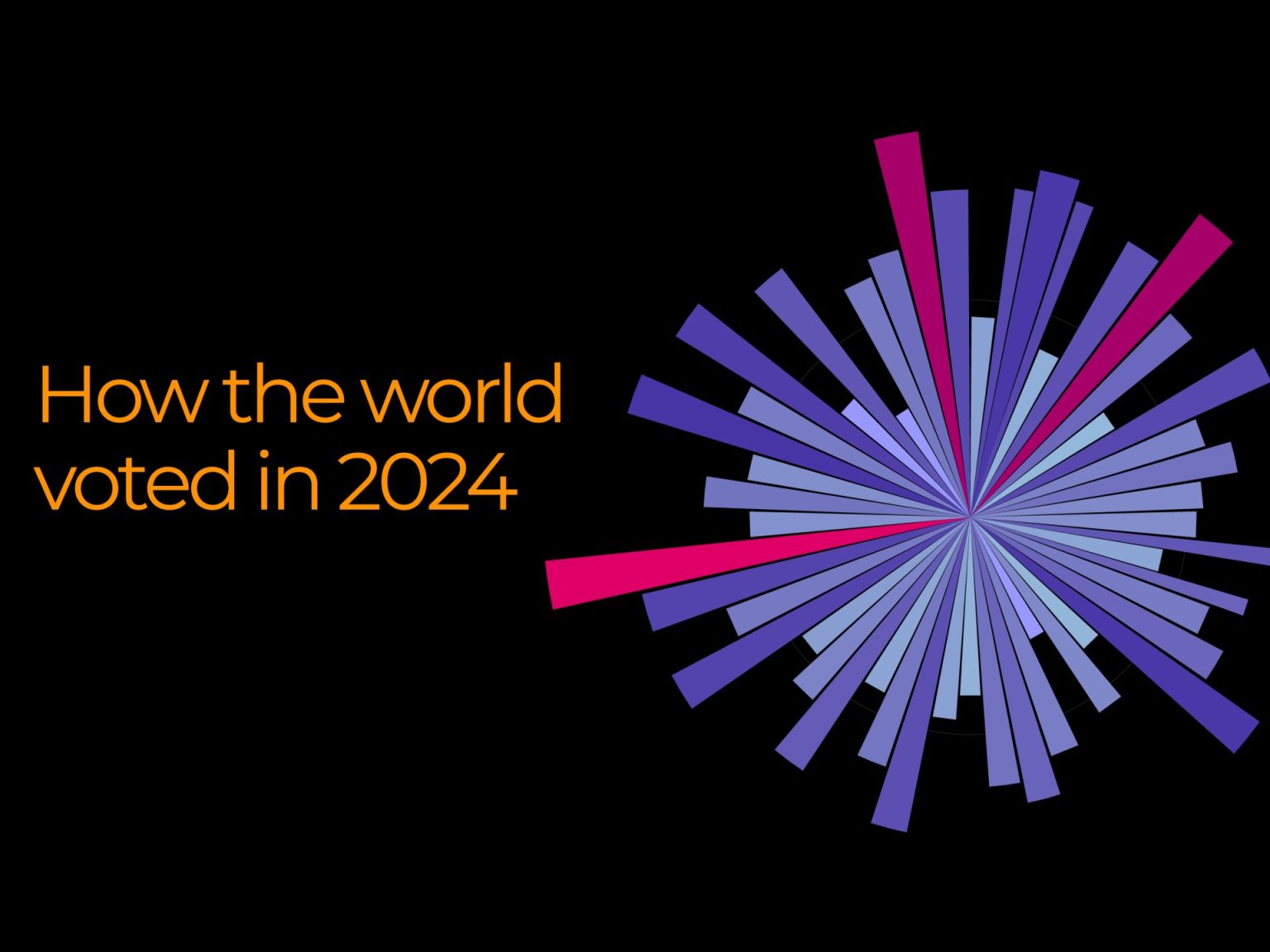Incumbents in various countries around the world saw mixed results in their bids for re-election, with some returning to power with reduced majorities and forming coalitions to govern. In Azerbaijan, President Ilham Aliyev secured a fifth term in office in the midst of media crackdowns and without any significant opposition. In Belarus, President Aleksandr Lukashenko retained power in parliamentary elections amid accusations of election manipulation and political suppression. Similarly, in South Africa, Cyril Ramaphosa of the African National Congress formed a coalition to remain in power after losing a majority in the parliament for the first time since 1994.
New leaders emerged in countries like Botswana, where Duma Boko ended the ruling party’s 58-year reign by defeating incumbent President Mokgweetsi Masisi in a historic election. In Iceland, Kristrun Frostadottir took over as prime minister after her centre-left Social Democratic Alliance won snap elections following the collapse of the previous coalition. In Mexico, Claudia Sheinbaum became the country’s first female president after winning by a landslide in June. Similarly, in Senegal, opposition candidate Bassirou Diomaye Faye won the presidential election with 54 percent of the vote.
Some countries faced upheaval as long-standing leaders were removed from power. In Bangladesh, Prime Minister Sheikh Hasina resigned in the face of widespread protests against her authoritarian rule and a deadly quota policy, leading to the appointment of Nobel Laureate Muhammad Yunus as the head of an interim government. In Syria, Bashar al-Assad’s Baathist party dominated parliamentary elections, but opposition forces swiftly took Damascus in a surprise offensive, ending the al-Assad family’s 50-year reign and signaling the end of a 13-year civil war that led to mass casualties and displacement.
Amidst global political shifts, the United Kingdom saw the end of 14 years of Conservative Party rule in a snap election that brought Keir Starmer and the Labour Party back into power. In the United States, after a contentious electoral battle, Donald Trump emerged victorious in November, defeating Kamala Harris in the Electoral College and securing several states that had previously voted for Democrats. The emergence of populist right-wing parties like Reform UK in the UK underscores the ongoing political realignment and the challenge to traditional party dominance in various democratic systems.
Overall, the recent elections across the globe signal a mix of continuity and change, with some incumbents maintaining power through coalitions, new leaders taking the helm in key countries, and longstanding leaders being removed from office amid mass protests or surprise offensives. The political landscape continues to evolve as countries grapple with economic, healthcare, and social challenges, setting the stage for potential further shifts in power dynamics and governance structures in the years to come.













